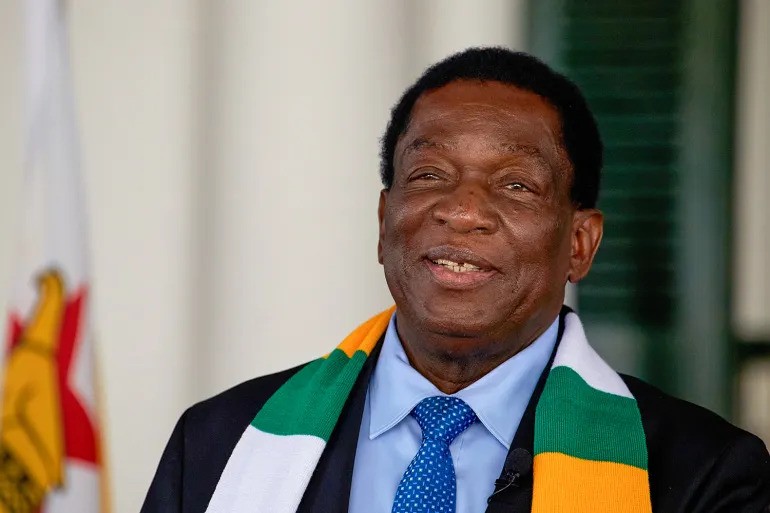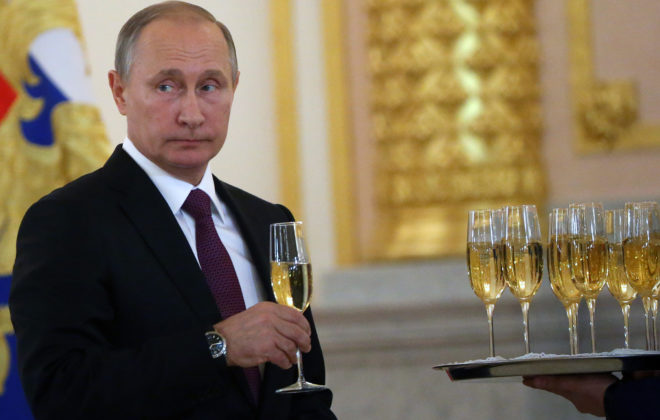PRESIDENT Robert Mugabe has ignored advice to halt the proposed premature amendment of Zimbabwe’s new Constitution and yesterday gazetted proposed amendments to a section that deals with the appointment of the chief justice.
Zanu PF factions fighting over who would succeed the increasingly frail 92-year-old leader are squabbling over the process to select outgoing chief justice Godfrey Chidyausiku’s successor.
Chidyausiku’s term ends in February next year and Vice-President Emmerson Mnangagwa’s faction reportedly wants judge president George Chiweshe to take over while G40 wants a candidate to be selected through the new transparent system, where candidates are subjected to public interviews.
Respected legal minds Rita Makarau (Judicial Services Commission secretary), Luke Malaba (deputy chief justice) and Paddington Garwe (Supreme Court judge) impressed in public interviews for the post held early this month. Chiweshe stayed away from the interviews under a cloud.
The gazetting of the proposed amendments would add a new dimension in the race to succeed Mugabe and put Zanu PF unity to test.
Zanu PF enjoys a two thirds majority in Parliament and would under normal circumstances pass the Bill without any hassles, but the party is deeply divided between Mnangagwa loyalists and G40, which backs first lady Grace Mugabe.
According to the Constitution of Zimbabwe Amendment (No.1) Bill sponsored by Mnangagwa’s Justice, Legal and Parliamentary Affairs ministry, the Constitution will be amended by substituting section 180, which provides for the appointment of judges.
“The appointment procedure for all judges will remain as it is in the Constitution before amendment, except for the chief justice, deputy chief justice and the judge president of the High Court,” read a memorandum accompanying the Bill.
“It is proposed by this amendment that these three offices will be appointed by the president after consultation the Judicial Services Commission (under the previous constitution the appointment of all judges was done in this way, except for the Judge President, who was appointed by the chief justice.”
The memorandum said if the appointment of a chief justice, his deputy and judge president was not consistent with any recommendation made by the JSC made during the course of the consultation, then the president will have to inform the Senate of that fact as soon as possible.
“Consequentially to the foregoing amendment, paragraph (18) (3) of the Sixth Schedule of the Constitution, titled “commencement of this Constitution, Transitional Provisions and Savings” is also amended by excluding vacancies in the offices of the CJ and DCJ from the scope of that provision.”
Mugabe has in the past been accused of stuffing the judiciary with his cronies or Zanu PF sympathisers.
The reaction to the gazetting of the Bill was muted yesterday but a tweet by Higher Education minister Jonathan Moyo, a vocal critic of Mnangawa indicated that the amendments could face internal resistance.
“A proposed amendment that is published for information and will lie there in public for at least three months is not law,” Moyo tweeted in response to another post by respected legal expert Otto Saki.
Saki had tweeted that: “The proposed amendments to the Constitution applies to the current CJ (chief justice) vacancy. Interviews a nullity.”
Moyo added in another tweet that: “it’s the proposed amendments that are a legal nullity.”
It is not yet clear where Mugabe really stands on Chidyausiku’s succession but the veteran ruler is known to side with G40. He is currently on his annual holiday in the Far East.-Standard







